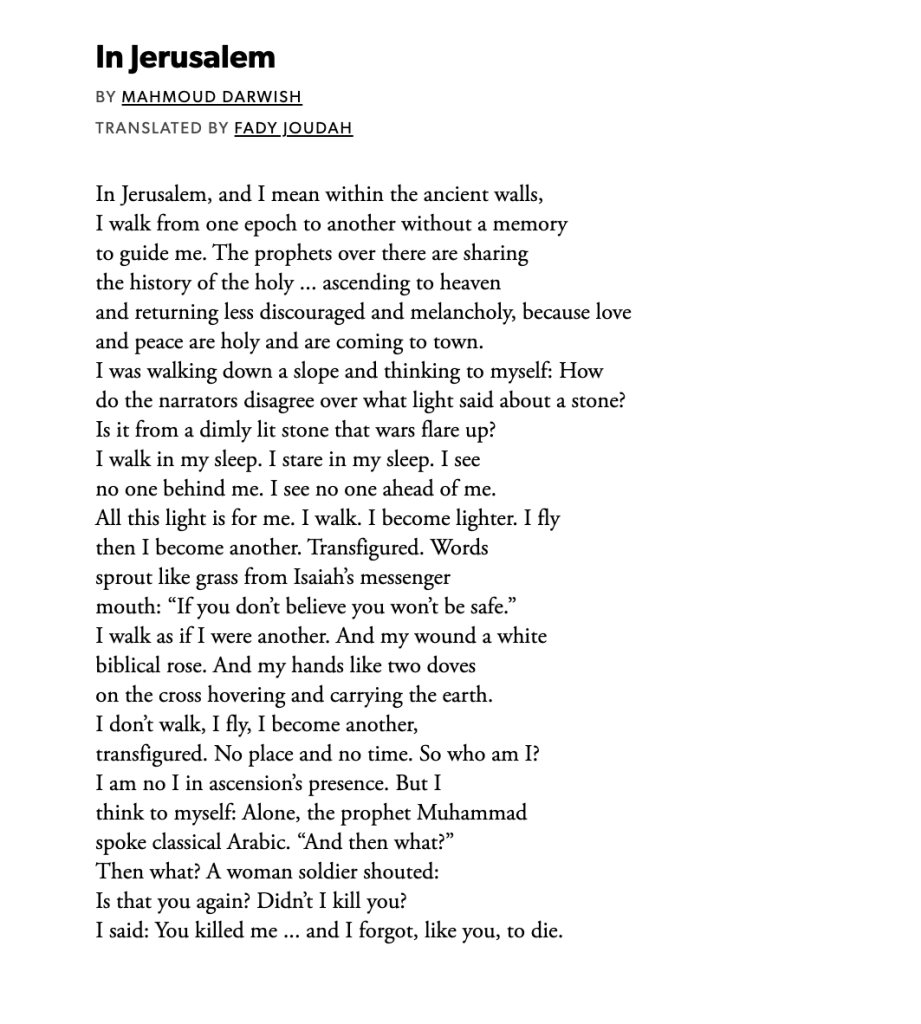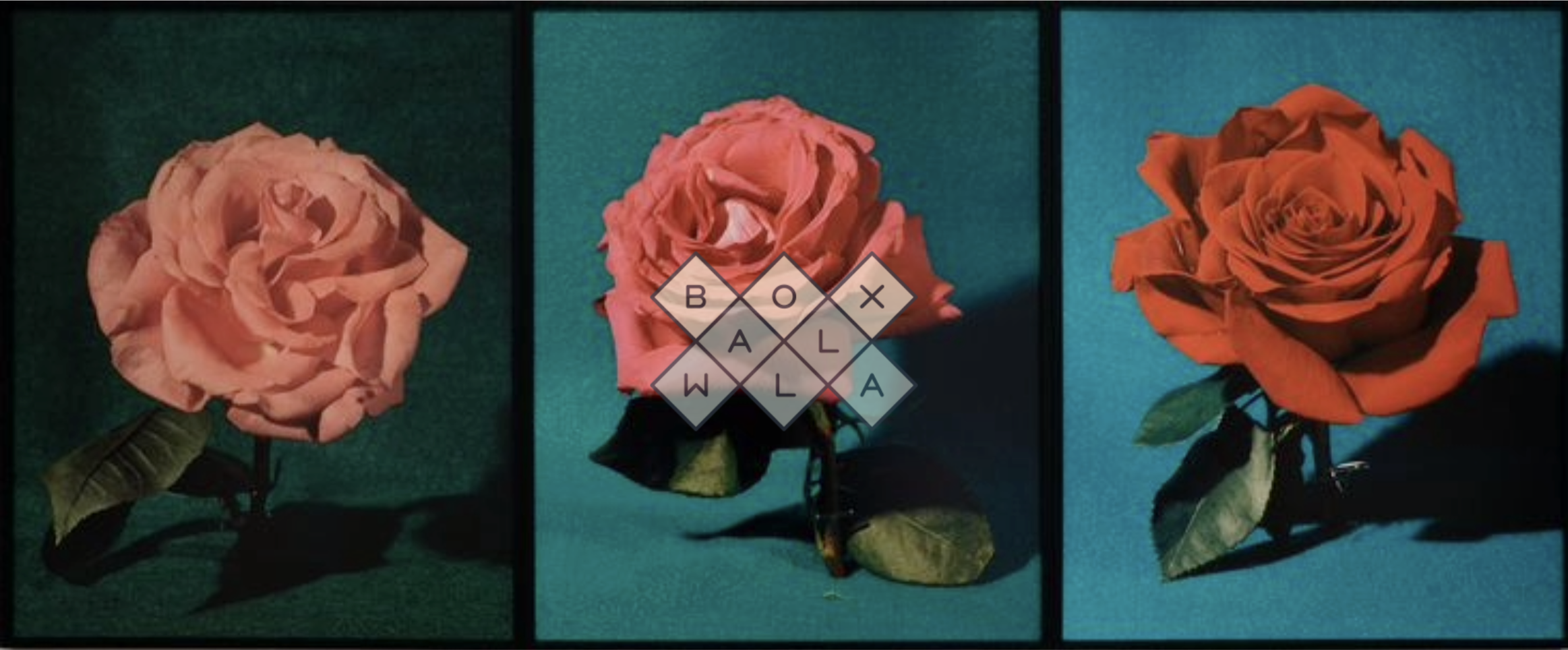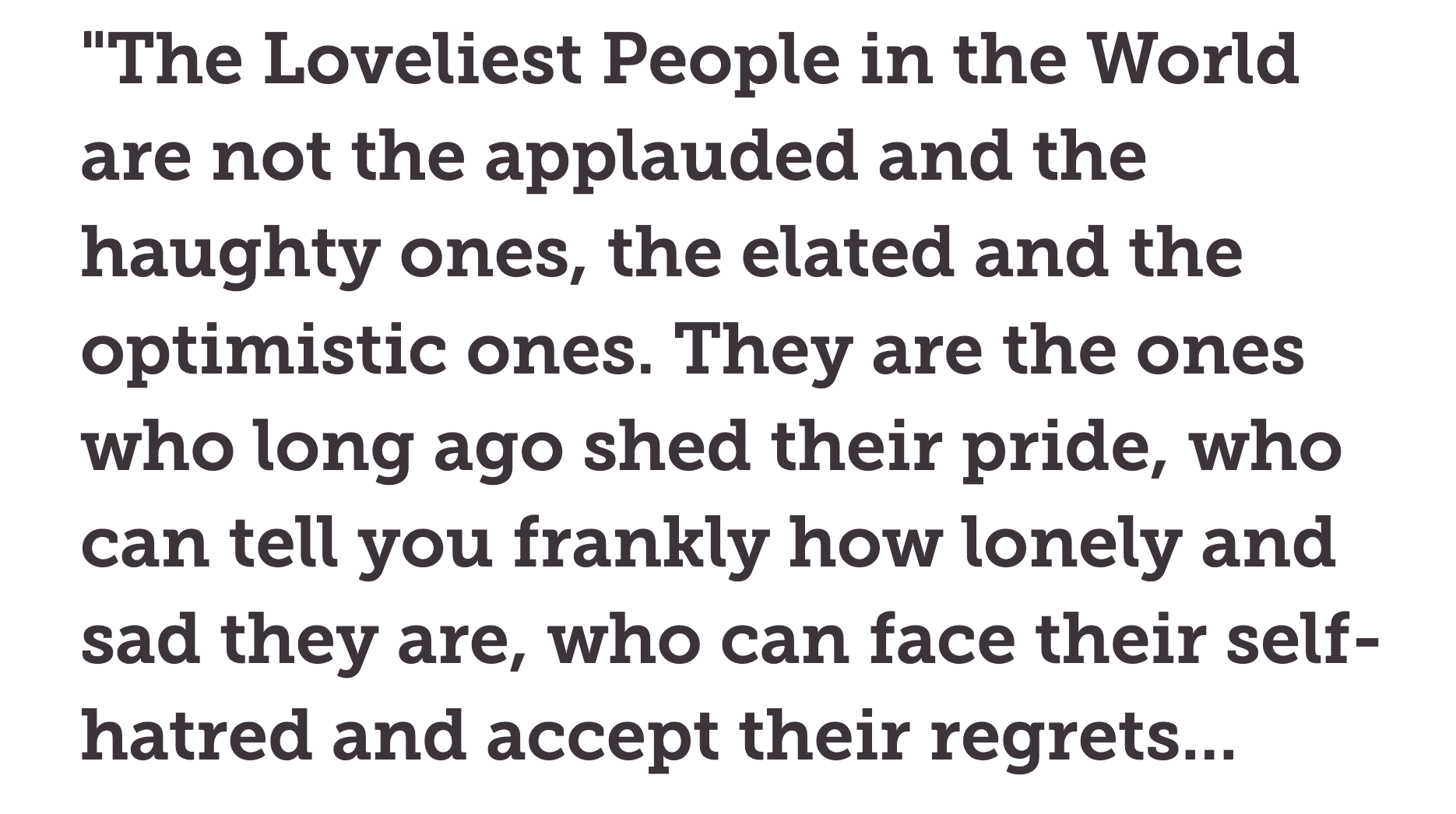
…They know that life is mostly pain, mystery and error—and will never try to persuade you otherwise. They will never be so mean as to try to cheer you up. They can be trusted because they have had the courage to fathom their full propensities to cowardice and corruption. They don’t give a jot about your reputation—because they know enough what people in general are like. They combine a thorough misanthropy for the group with a deep love and tenderness for the individual.”
Excerpted from one of my favourite pieces Alain de Botton’s The School of Life has ever put out (and they publish a wealth of mind-expanding, life-improving things). I urge you to read the entire text, or better yet, watch the animated version, How to Spot the Loveliest People in the World, here.
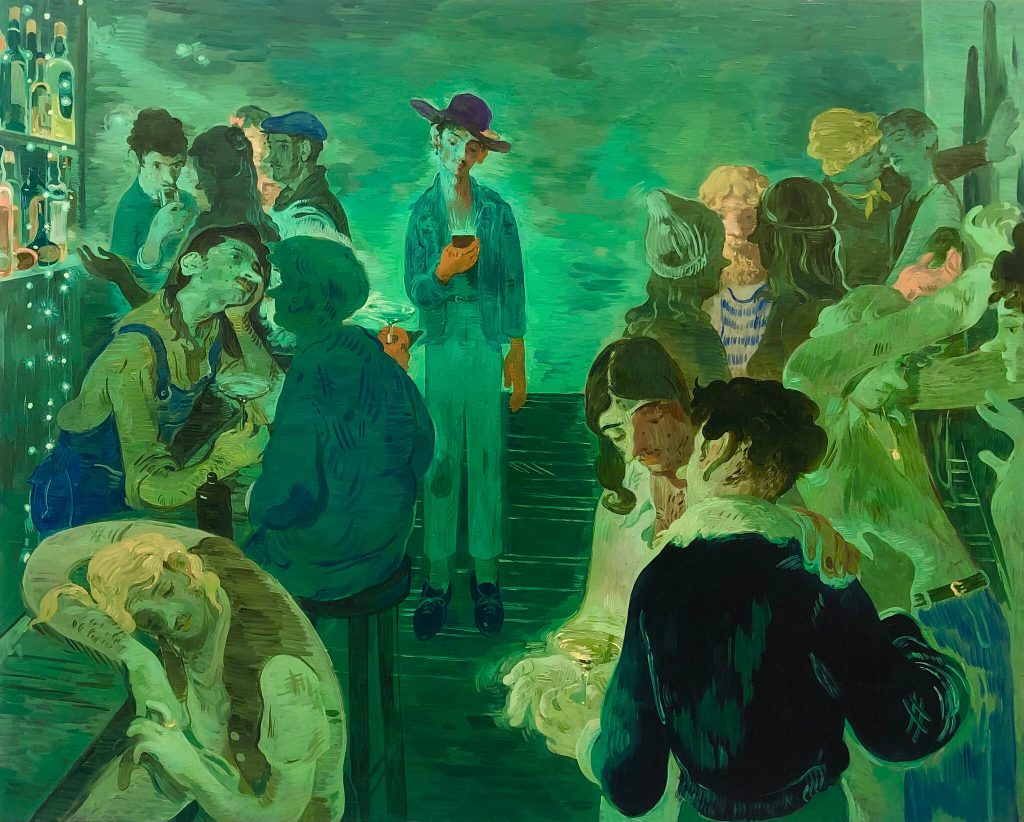
Bar Boy by Salman Toor, 2019. I’m convinced there will be a Salman Toor Green one day like there’s a Yves Klein Blue. Here’s a New Yorker profile to begun an acquaintance with Toor and his hypnotic art.
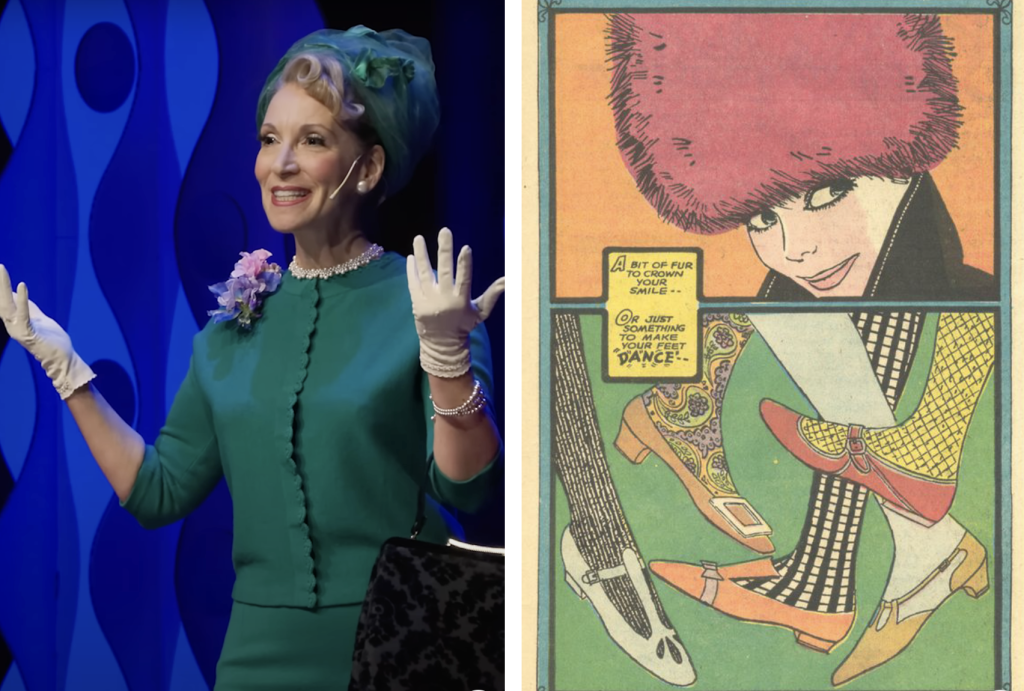
Haven’t heard a TED talk in a minute, and this one by Mollie Kaye was strangely compelling.
During the pandemic I was hooked to the True Spies podcast, mainly because of Vanessa Kirby’s voice (she who played young Princess Margaret to perfection in The Crown). Then I promptly forgot about the v complex missions and true stories behind some of the world’s greatest espionage operations. UNTIL I stumbled on Wondery’s new podcast: narrated by Indira Varma. It will be back to forgotten books and history and philosophy soon, but I’m getting my spy fix here for now.

Lavanya recently posted about the Dictionary of Obscure Sorrows and the word ‘sonder‘: “When we first came across this word, it felt sad in a beautiful way. You know, that longing that you feel about life and the people that you may never know. But these days, its meaning feels different, less wistful, more heavy. It almost feels like the heaviest of reminders of our collective inability to comprehend suffering that isn’t ours, that doesn’t belong to our ‘sphere’ or ‘religion’ or ‘race’. And the terrifying consequences of this inability.” It really got me thinking about language(s), the inadequacy of words, articulating grief and empathy, translations and much more. So, ending with Susan Abulhawa whom we began with last time:
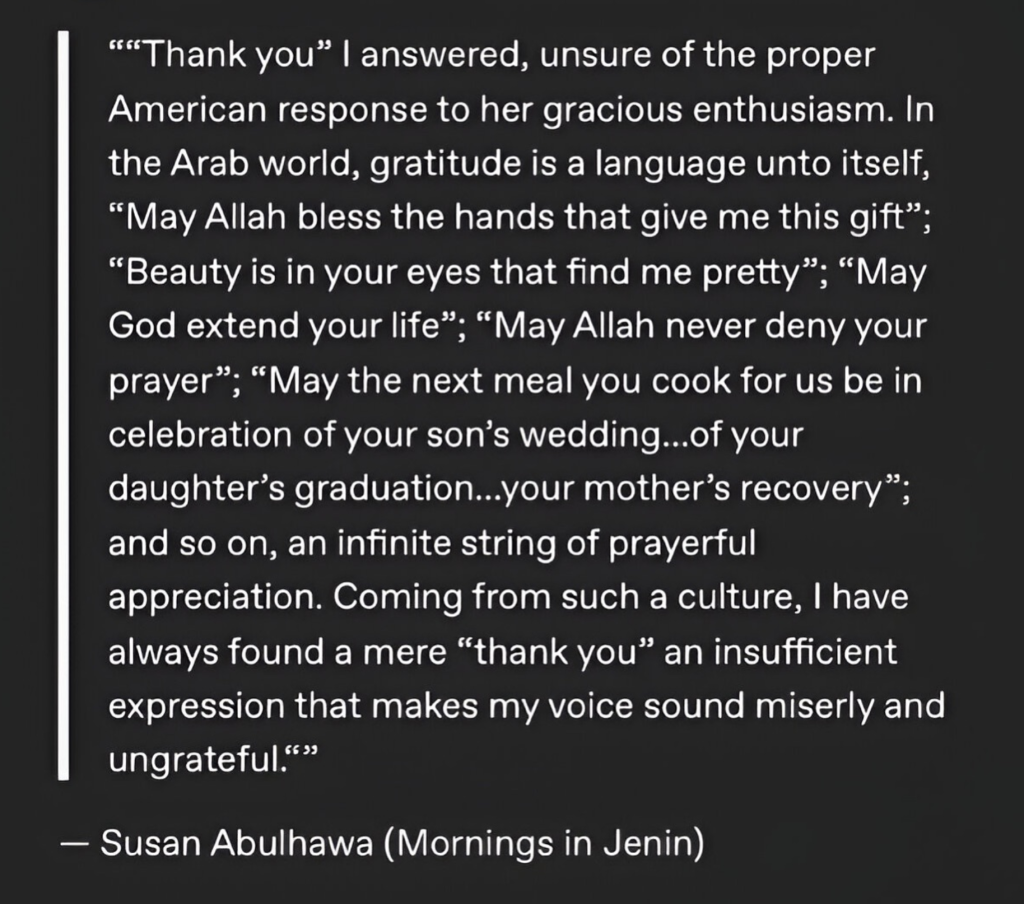
In Jerusalem by Mahmoud Darwish
